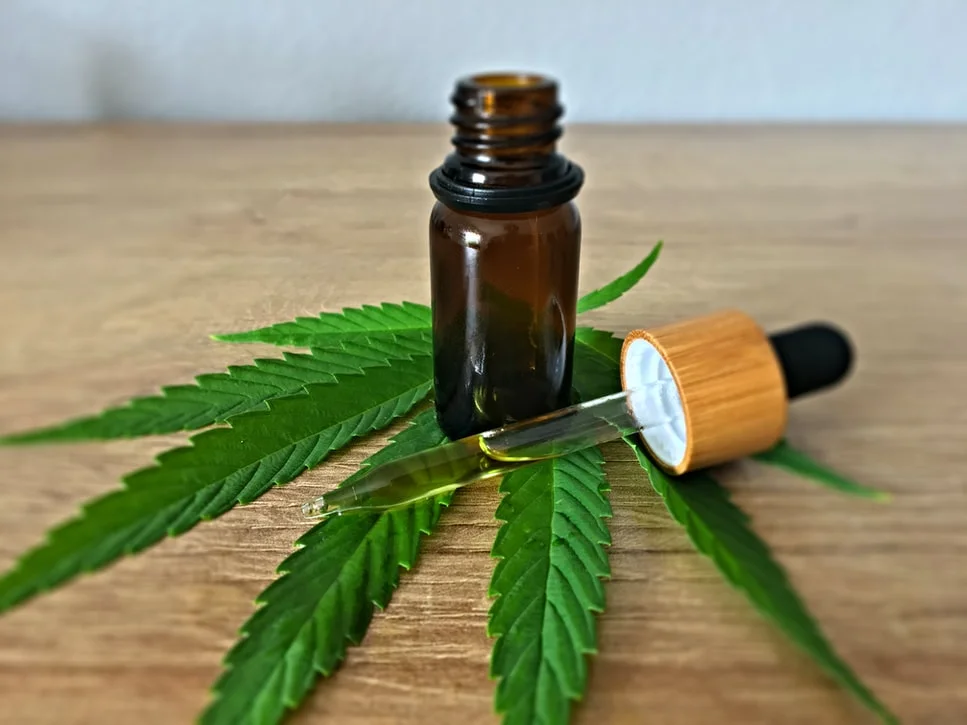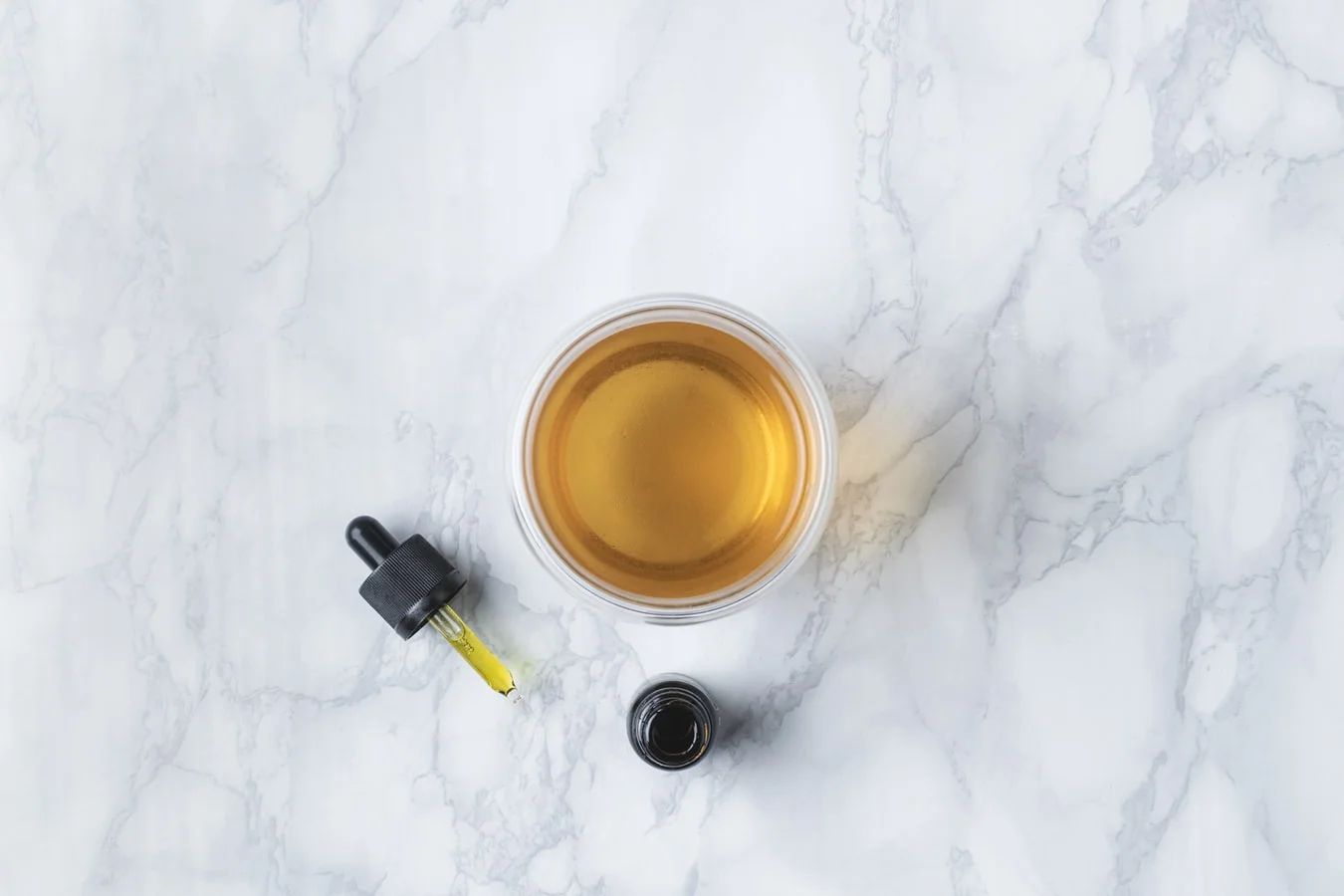One of the biggest cannabis stories in recent years has been the elevation of CBD oil from a niche industry sideline to a mainstream product which has opened a lot of people’s eyes to the health and wellness benefits of cannabis. This has led to the market being flooded with many CBD oils and tinctures, which are being sold by online retailers as well as some of the big name stores on the main street around the world.
When your grandmother asks ‘have you seen my cannabis?’, you know that the plant has transcended to a different place! This is exactly what has been happening in recent years as many user groups with no previous ‘weed’ history have become conscious of cannabis in a positive way. At the same time, the huge range of CBD products on the market has inevitably led to a number of ‘snake oil’ products – with dubious sources – making huge health claims.
Naturally people using CBD oil products, especially those who have a history of medical conditions, have concerns about safety issues and as well as other questions regarding the best oproducts to buy and how to use them.

What is CBD Oil?
At the core of every CBD oil product is of course CBD, or to give its scientific name, Cannabidiol. CBD is a compound – one of over 100 identified so far by scientists – that occurs naturally in the cannabis plant. This compound is extracted from the cannabis plant by a process which uses carbon dioxide (or solvents) to separate it. The CBD extract is then added to a carrier oil, often coconut oil but hemp seed oil is also a popular carrier. Therefore CBD oil is a diluted solution which contains a certain percentage of CBD.
Is CBD oil legal?
While cannabis the plant is illegal in most countries CBD – in extract form – is legal in most countries. This is because CBD products have a very low percentage of THC (typically less than 0.6%), which makes them legally acceptable. While EU regulations govern the legality of CBD within the European Union, there are national differences in policy which are relate to legally acceptable THC percentage levels (which varies between 0.2 – 1%). In the USA, CBD is legal when products contain less than 0.3% of THC, although some states have their own CBD specific regulations. Two pieces of advice when buying CBD oil – check the THC % legal limit in your country (especially if buying from an online retailer) and, if you are crossing borders with a CBD oil product, check the legal situation in your destination country.
Does CBD oil make you high?
No! Even though both compounds come from the Cannabis Sativa plant, CBD is non-psychoactive. Instead CBD is associated with relaxation – mind and body – which is why it is popular with medical users who find it can help alleviate symptoms from a number of medical conditions. This effect is very different from THC (Tetrahydrocannabinol) which is the psychoactive element which delivers a heady sensation often termed as a ‘high’ by consumers.
How does CBD work?
The therapeutic benefits of CBD are still the focus of scientific research and, as a result, the pieces of the jigsaw are still being added to the complex picture of how CBD works with the body. To date science has identified close to 70 molecular targets hit by CBD within the body which include seratonin and vanilloid receptors. As well as its use for specific medical conditions, CBD has been identified as having a role in redressing imbalances to the endocannabinoid system which can be at the root of some conditions as well as contributing to the overall state of a person’s wellness.
What is the endocannabinoid system?
The endocannabinoid system was only discovered by science as recently as the 1990s. In simple terms it refers to a number of neurotransmitters that bind to cannabinoid receptors (such as CB1 and CB2) around the body and receptor proteins that are expressed through the nervous system. The endocannabinoid system is something that all mammals have and is responsible for keeping the body in a state of homeostatic balance – believed to regulate a significant number of body processes, including immune system activity, pain management, appetite, mood and memory. This ‘ideal’ natural balance can be affected by how we lead our lives and factors such as pollution, bad food, injury and stress can upset this equilibrium. CBD has been identified as having a contributing role in helping to correct these imbalances.
What medical conditions can CBD be used for?
While there are many health claims made about CBD oil it is important to do your research if you are intending to use it for a specific medical condition. What consumers need to be wary of is bold claims (such as CBD being a cancer ‘cure’) that are often circulated on social media. Nevertheless, there have been scientific studies into some areas which have highlighted the effectiveness of CBD in alleviating the symptoms of some common medical conditions.
- Pain: Chronic physical pain – conditions ranging from a bad back to muscle aches and arthritis in the joints – is one of the reasons people buy and use CBD oil products.
- Insomnia: CBD has been identified as having beneficial qualities for easing conditions associated with insomnia.
- Anxiety: There have been a number of medical studies into the effects of CBD on alleviating anxiety with encouraging results.
- Inflammation. Scientific studies suggest that CBD has significant anti-inflammatory properties.
- Epilepsy: The benefits of CBD for treating symptoms of epilepsy, especially in the reduction of seizures have been well documented.
This is still a relatively new area of medical research so expect more studies to be published about the efficacy of CBD oil in treating specific medical conditions. If you are already taking medication, then it is prudent to consult your doctor’s opinion before combining CBD with existing medication.
How much CBD oil should you take?
The issue with a general question like this is that it does not take into account the percentage of CBD found in a specific CBD oil product. CBD oils advertise percentages ranging from 3 – 30% and the fact that content is sometimes quoted in milligrams confuses the issue even more. The simple rule of thumb is to start low and start slow in order to find your level. Each person is different (it is important to acknowledge the endocannabinoid system here and how it regulates your personal body space) and therefore it is important to find the right level of CBD for you and this will take some time. Consider CBD oil not as a quick fix but part of an ongoing health and wellbeing program. It will not work immediately although generally the effects of CBD oil under the tongue should be felt within an hour.
Does CBD contribute to general wellness?
Aside from using CBD oil for the alleviation of medical conditions, CBD’s interactivity with the body’s endocannabinoid system has obvious general wellness potential. A balanced endocannabinoid system has benefits for the human body and its state of harmony. While CBD should not be seen as a ‘magic bullet’ (lifestyle factors such as healthy eating and exercise affect a human’s state of wellness), taking a supplement, in the form of CBD oil, has been associated with positive benefits. It is also worth noting that many consumers report feeling the wellness benefits of CBD oil only after weeks or even months of daily use (and are appreciative of maintaining their persistence in the process!).
Are there any bad side effects from CBD oil?
Due to the lack of extensive research, regulatory bodies like the FDA, have so far declined to give their verdict that CBD oil is ‘officially’ safe. Nevertheless, studies so far have not shown any adverse effects on the body from taking CBD. However, as already mentioned, consumers need to take care and dose responsibly, especially if taking for a specific medical condition.
Are all CBD oils the same?
No. The first thing to check if you are buying CBD oil is that it comes from a reputable source as anyone can put a liquid in a bottle and claim it is CBD! As a result tests have revealed many products on the market that claim a certain percentage of CBD, but actually have a lot less (and in some cases none at all!). The next thing to be aware of is the percentage of CBD present in your CBD oil as theses figurers can be anywhere between 3 – 20%. Do not assume that the higher the percentage the better the product for your condition. Do your research and speak to other CBD consumers who have a similar medical condition for advice on percentage levels.
What is the difference between isolate and full spectrum CBD oil?
‘Isolate’ CBD oil refers toa product which contains CBD in its purest form taken from the plant (ie the CBD has been isolated). ‘Full spectrum’ CBD oilrefers to a product which has been extracted with a full range of cannabinoids, terpenoids, flavonoids and other essential oils and chemicals which exist in the whole plant. The combination of all these features has been identified as promoting an ‘entourage effect’(ie all working together) which is said to have additional health benefits for the body.
What is the story with CBD Oil and novel food regulations?
Under European (EU) law, a novel food is a product that was not consumed to a large extent by people before 1997. There has been much debate and a lot of anger around whether CBD should qualify as a novel food. The issue is all about regulation – we have them for all sorts of products in the interests of consumer safety but CBD has existed in a very loose environment in this respect. The argument from the EU (and also the UK) is that CBD’s inclusion on the novel foods list will give consumers some protection regarding the safety of the product. From March 2021 companies that do not comply could have their products removed from shelves.
Is CBD oil the only CBD product available?
While CBD oil is one of the most recognized (and indeed popular) products on the market, there are several means of obtaining the CBD effect. There are also tinctures, creams, suppositories and even bath salts. Of course you can also grow High CBD cannabis strains which have high percentages of this cannabinoid (Paradise Seeds High CBD range has a number of strains with CBD percentages of 15 – 20% and <1% THC). However, anyone considering cultivating CBD strains should check the legality of cultivating cannabis in their country.


